Student athletes say late policy causes “more harm than good”
October 26, 2021
The new attendance policy has been a hot topic among Gloucester High School students and teachers. If a student arrives even one minute late, they are suspended from extra curricular activities for the day. This includes games, matches, and performances.
Students are expected to be in their first period class when the 7:30 bell rings. In the past, there was a 15 minute grace period for students who arrived late to school. Athletes who got to school at 7:35 were still eligible to play. Now that the grace period has been removed, some student athletes say the punishment does not fit the crime.
“I feel like it’s unfair for athletes to be punished when there are so many different factors that contribute to the probability of not getting to school on time,” senior field hockey captain Chiara O’Connor said.
While it is common for schools to have consequences for tardiness, many schools that Gloucester competes with athletically have more lenient policies.
Some schools like Beverly High School are “ tardy after 11:10 a.m. without a valid excuse will be ineligible for extracurricular participation.” according to the Beverly High School handbook. Other schools like Danvers give warnings for being late before punishment.
According to Danvers High School hand book “Upon the 3rd and subsequent time being tardy per quarter, the student will not be eligible to participate in any co-curricular activities on that day” Some other schools like Rockport and Manchester Essex regional high school have a 5 minute grace period or longer.
“It is unfair that other schools in the NEC have different attendance policies because every student athlete should be held to the same standard,” senior soccer captain Andrew Coelho said. “I’ve been tardy twice this term and I’ve had to miss 4 practices because of it, when if I were to go to another school there would be no punishment. I understand the concept of this policy but the administration needs to have more sympathy for our student athletes.”
Athletic director Bryan Lafata, however, supports the policy. “It’s reverting back to what has always been done here,” he said. “I was the baseball coach for years and we had to deal with 7:30. The fifteen minute window people refer to was a brief trial.”
Lafata said some student athletes would “take advantage” and walk into classes fourteen minutes late.
“School comes first,” Lafata said. “So if they want the privilege to play a sport, or do an extracurricular activity, they’ve got to be able to do the job in the classroom. Get there on time.”
History teacher, and basketball coach Shaun Goulart also supports the policy.
“As long as everyone is aware of the new policy, and it is consistently enforced, I think it will benefit our school community,” Goulart said. “I don’t think the time itself matters. People will adapt to the time chosen. As a former high school athlete, and now a coach, I’ve learned that the most important thing a player can do in season is to make sure they remain eligible for their program.”
Still some students wonder if athletes are bearing the brunt of the consequences compared to other students. The athletic department gets a daily attendance report specific to all athletes registered for the season. This is not the case for other after school activities such as theater.
“The only way I know if students are late is by looking at the master attendance list in School Brains,” theater teacher Jessica Kirk said. “There is no easy way to sort this list to find just the students involved in theater. It lists all students with any kind of attendance code for the entire student body. It is often nine or ten pages long, and I have to sort through it to find the students in the theater. More often than not I ask other students if their peers were in school or not.”
Senior field hockey player Cammi Cooper said she thinks the new policy “causes more harm than good”.
“School systems are constantly over-punishing children who are putting in extra time and effort to be a part of the school community, leaving those who do nothing with minimal consequences,” Cooper said. “Students are under immense amounts of pressure coming back into a normal school year and learning after missing almost a year and a half of regular education. Students with even more on their plates with sports, clubs, and other extracurriculars are being punished more than anyone else.”
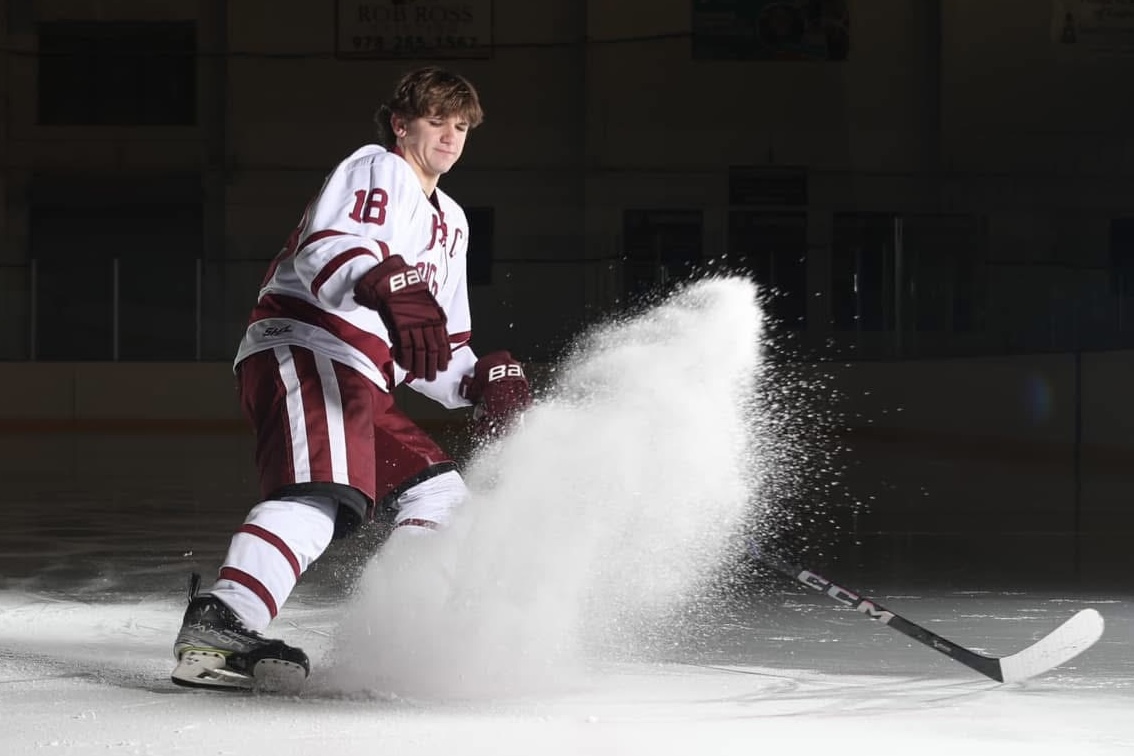

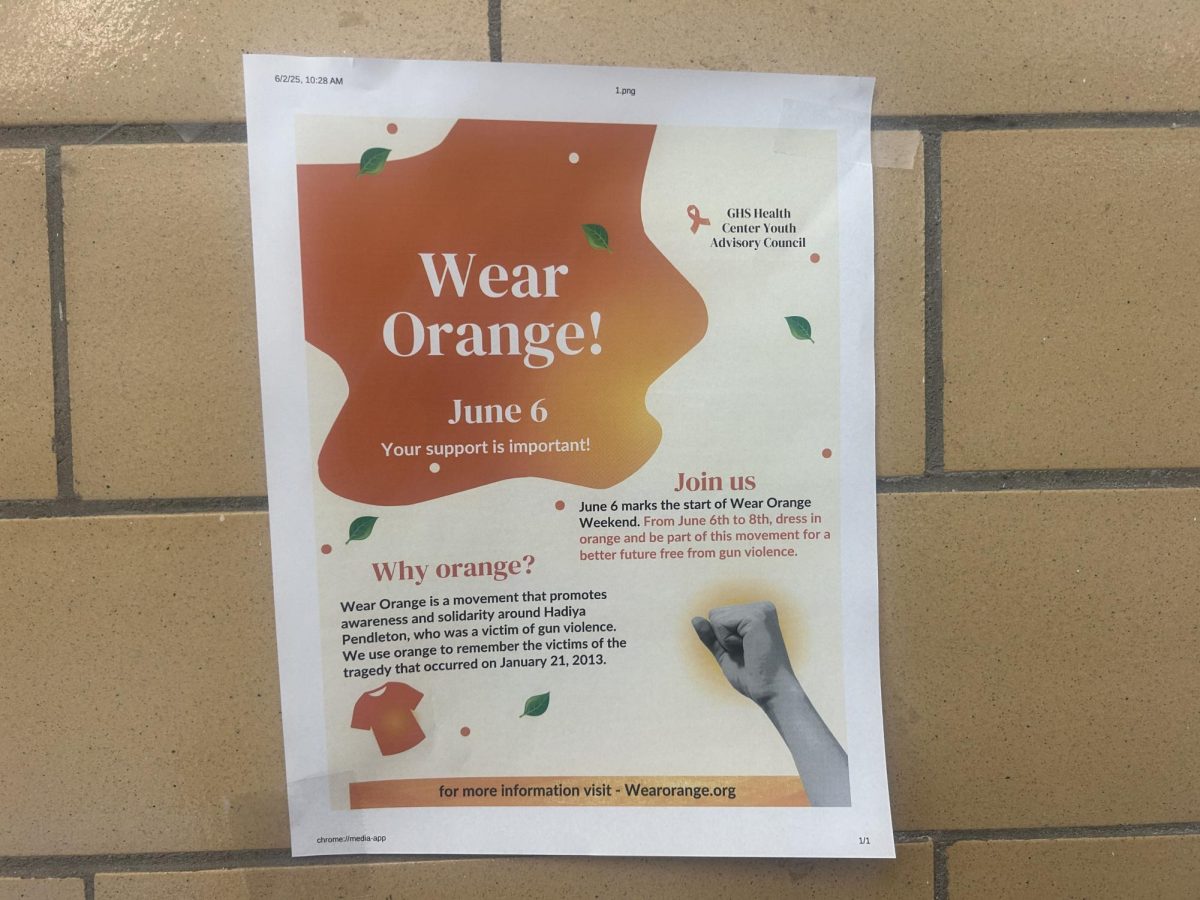






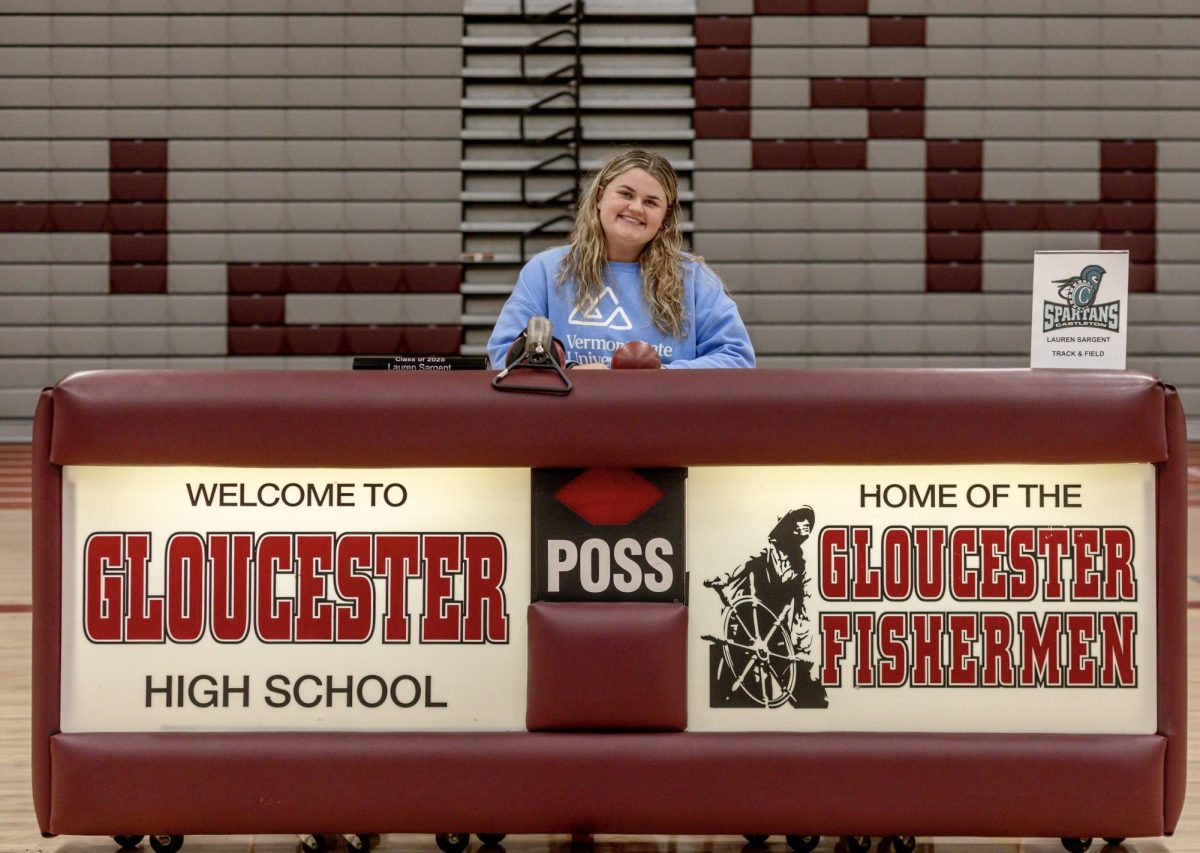
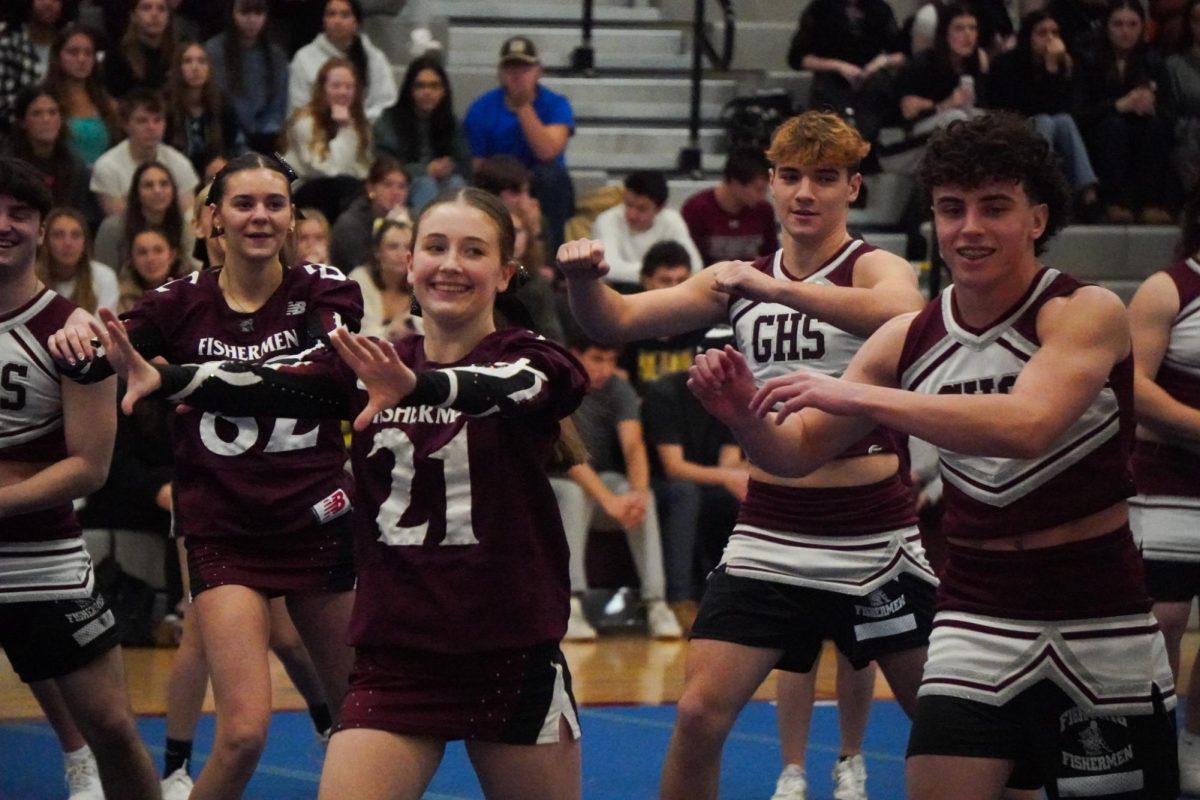
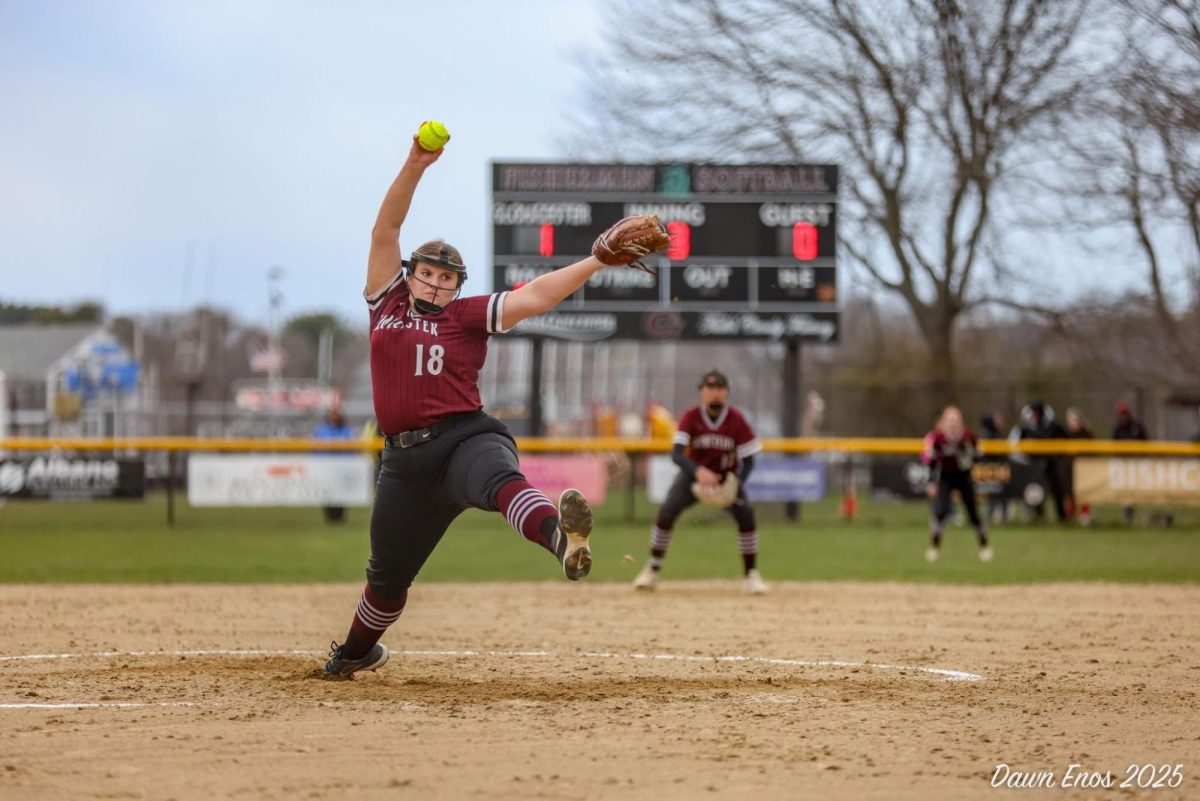
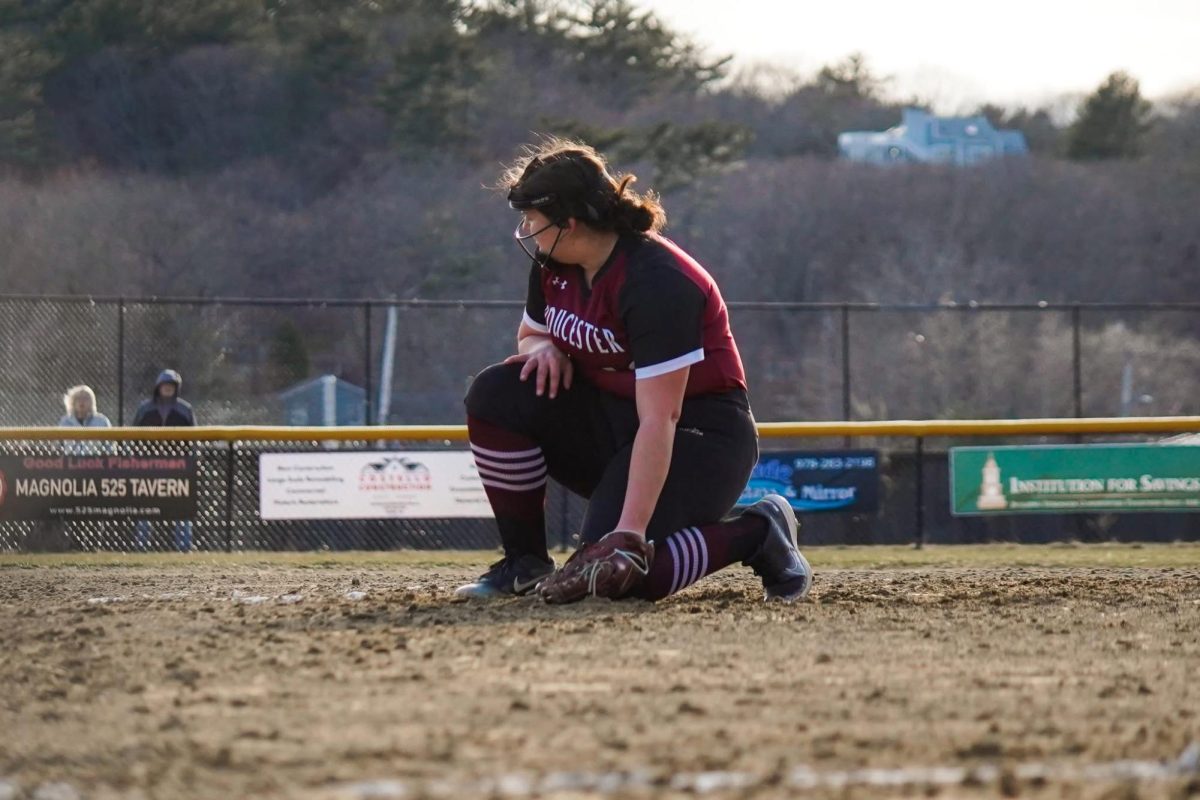
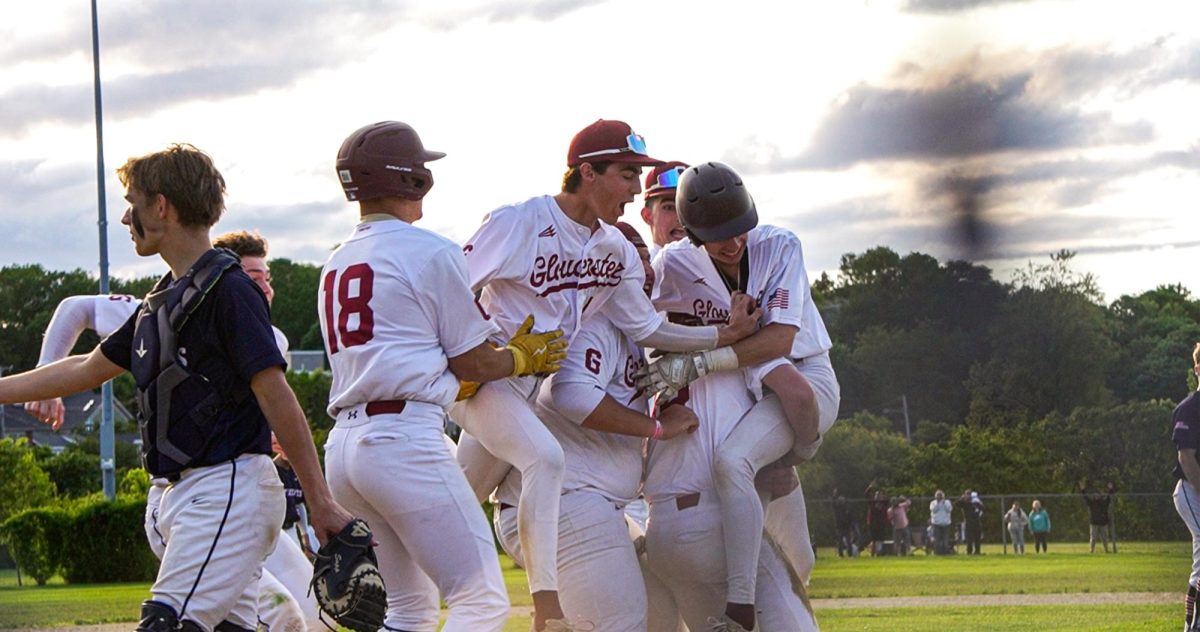







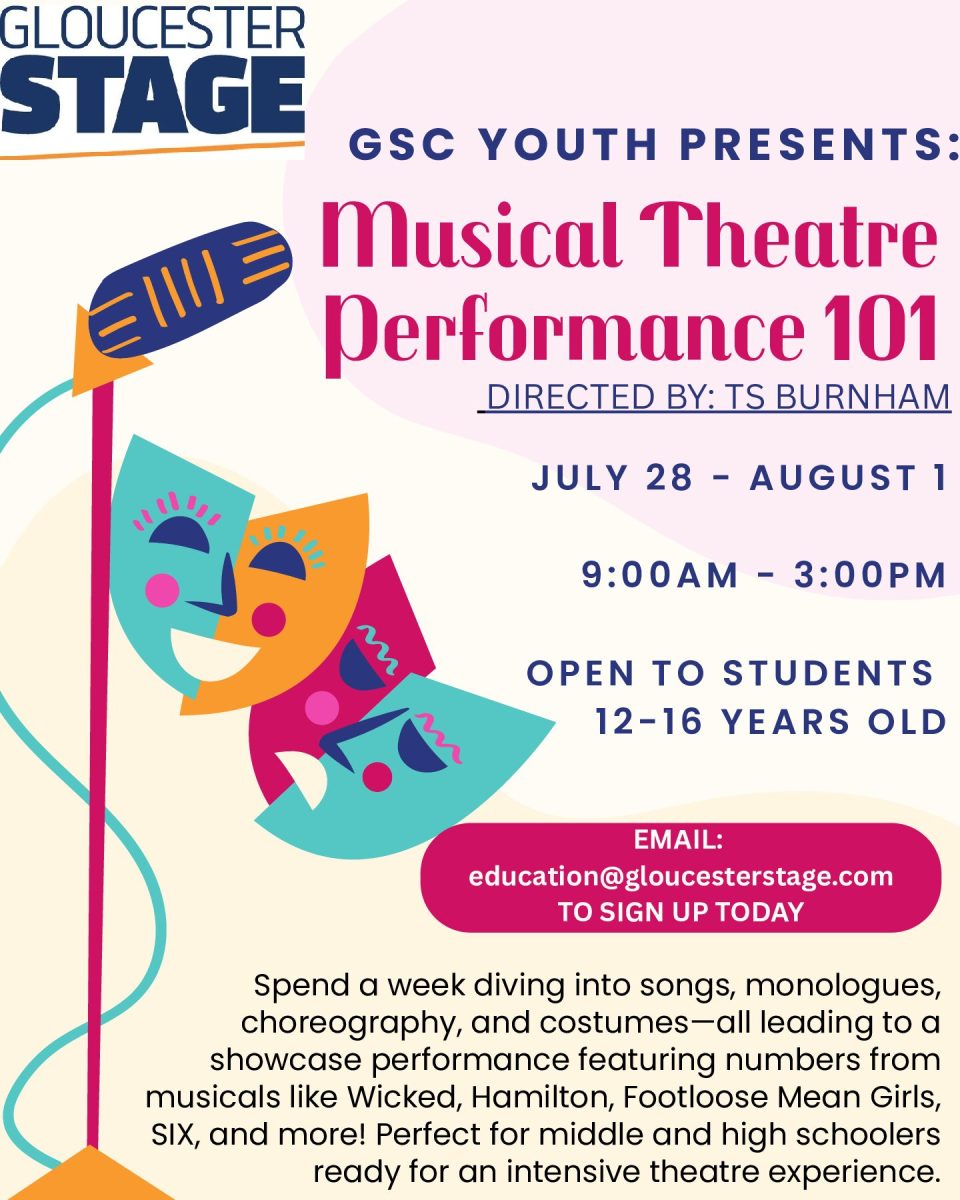







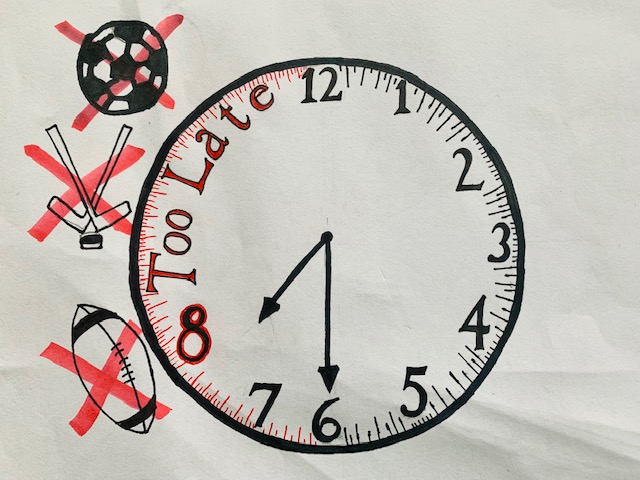



Bean • Oct 26, 2021 at 4:32 pm
I think it’s also important to note that many students are not at their own personal liberty to get to school on time. Many are at the liberty of their parents, so I think it’s unfair to punish children for something they’re not exactly in control of.